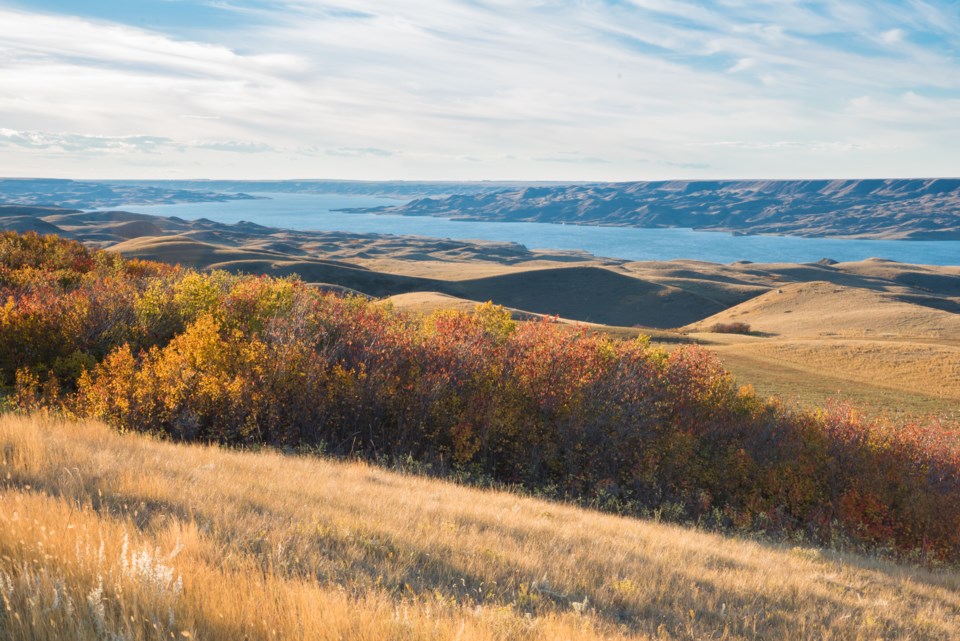REGINA ‑ Dr. Kerri Finlay, an associate professor with the University of Regina’s Faculty of Science, is looking for volunteer “citizen scientists” to help her research team test the water quality in over 70 of Saskatchewan’s lakes this summer.
The water testing is part of the U of R’s Community-Based Water Monitoring program, which involves volunteers working in partnership with professional researchers to collect samples from provincial lakes that can be used to monitor environmental changes on a local or large-scale level.
"People in Saskatchewan have many concerns about their water, from algal blooms to elevated salt levels and other pollutants,” says Dr. Finlay. “This project helps us collect more data about water quality in the province and engages local communities to better understand the health of the lakes that they swim, boat, and fish in."
The U of R has partnered with on the Community Based Water Monitoring project. Water Rangers is a not-for-profit organization based in Ottawa that develops water quality test kits that all of the volunteers use.
The water test kits have everything that volunteers need to test for various attributes that help the research team to determine the water quality of the various Saskatchewan lakes. Each kit contain equipment that tests for water hardness, alkalinity, chlorine, salinity, pH, oxygen levels, and clarity — along with an air thermometer, field guides and notepads to record data, water collection cups, stickers, postcards, and other useful items.
The volunteer citizen scientists then log the testing data onto their phones through an app, or they can use log books to keep track of the data if they prefer.
While the research team is looking for citizen scientists to test a variety of lakes throughout the province, they also have a “wish list” of 21 lakes that they are specifically hoping they can find volunteers for.
Citizen scientist Joni Darke began volunteering last year. She is a resident of the resort village of B-Say-Tah and tests the water in the nearby Echo Lake. Testing the water allows her to monitor the quality of the water, which is especially important to her because her grandchildren go swimming in it. Darke plans to volunteer again this summer.
“I was new to this program last year, but I would really like to do a bit more in-depth testing this year,” says Darke. “It’s amazing how many people come up to me while I am doing the testing and ask me if the water is safe and if they should be swimming in it. I am able to tell them that I am gathering that information so that they will know.”
For consistency, volunteers are asked to test on the last Sunday of each month but are welcome to test more frequently.
Anyone who would like to sign up to be a citizen scientist can visit . This page has more information about volunteering with the Water Rangers program, and an application to be a volunteer this summer.



